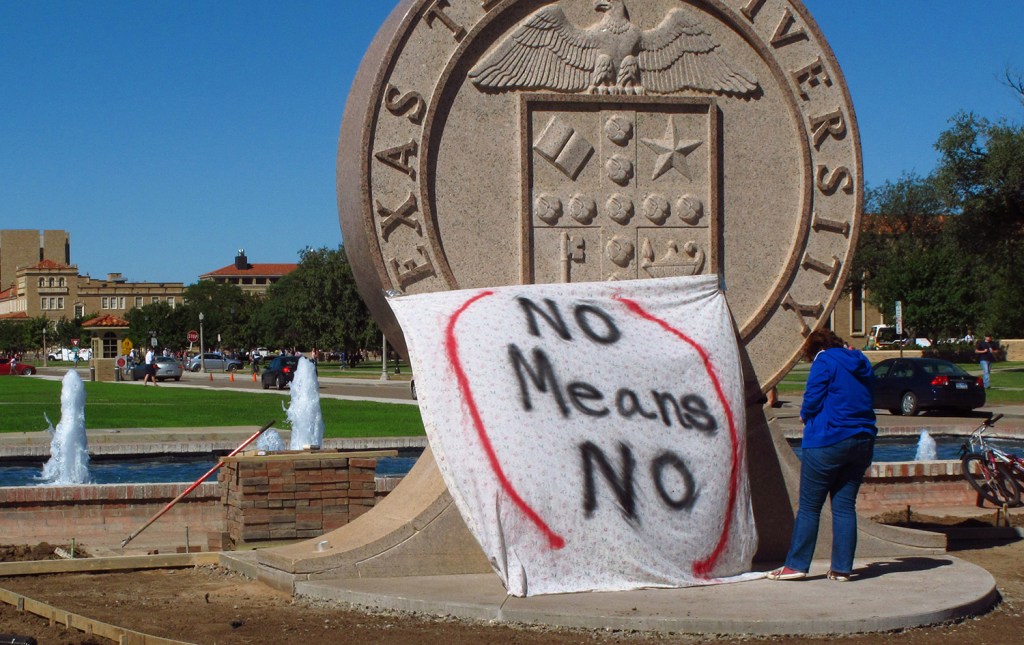COLUMBUS, Ohio — Nearly a quarter of undergraduate women surveyed at more than two dozen universities say they experienced unwanted sexual contact sometime during college, according to a report released Monday.
The results of the Association of American Universities Campus Climate Survey come at a time of heightened scrutiny of the nation’s colleges and universities and what they are doing to combat sexual assault. Just last week, Vice President Joe Biden visited Ohio State University and highlighted several new initiatives, including mandatory sexual violence awareness training for the school’s freshmen beginning next year.
The survey was sent this spring to nearly 780,000 students at the association’s member colleges, plus one additional university. About 150,000 participated in the online questionnaire. Researchers said results could be biased slightly upward because students who ignored the survey may have been less likely to report victimization.
The results were generally in line with past surveys on sexual assault and misconduct on college campuses – and confirmed that alcohol and drugs are important risk factors.
“How many surveys will it take before we act with the urgency these crimes demand?” said Sen. Kirsten Gillibrand, D-New York, who is pushing for passage of a bill that would address how sexual assault cases are handled on campus and the resources available to help students.
Researchers cautioned against generalizations from the data, partly because experiences of different students and at different schools could vary widely. It was not a representative sample of all the nation’s colleges and universities.
Some students attended schools that have recently grappled with reports of sexual assaults or misconduct, including the University of Virginia, the University of Wisconsin-Madison and Ohio State.
University of Virginia President Teresa A. Sullivan has said that a widely discredited and later retracted Rolling Stone magazine story about a gang-rape at a fraternity house harmed efforts to fight sexual violence and tarred the school’s reputation. Hazing that included excessive underage drinking and sexualized conduct – though none of it aimed at females – prompted the University of Wisconsin-Madison to terminate a fraternity chapter earlier this year. And Ohio State fired its marching band director last year after an internal investigation turned up a “sexualized culture” of rituals and traditions inside the celebrated organization.
The Obama administration has pushed colleges to better tackle the problem of sexual assault, including releasing the names of 55 colleges and universities last year facing Title IX investigations.
Send questions/comments to the editors.


